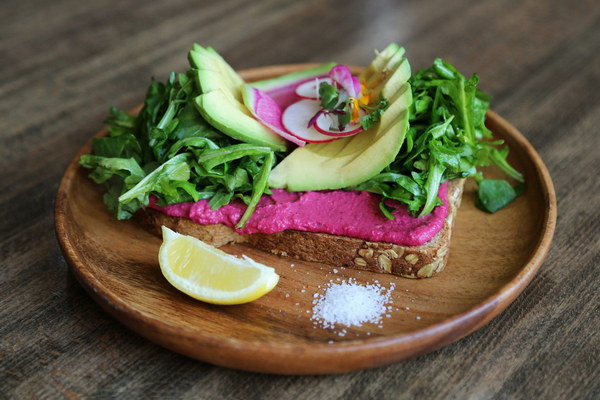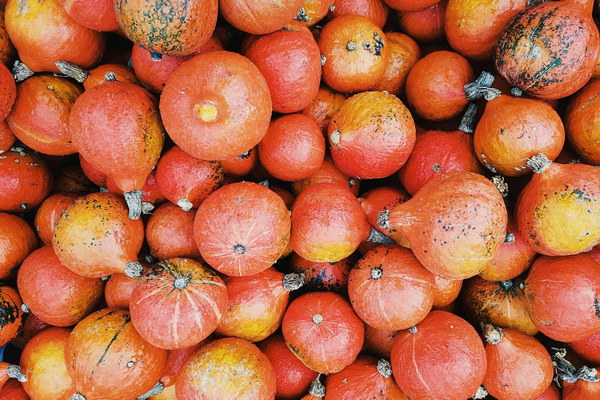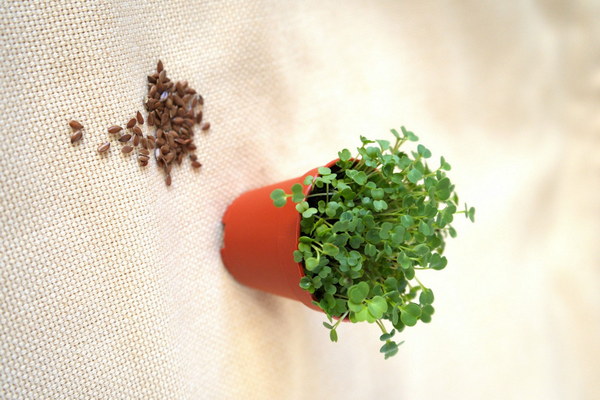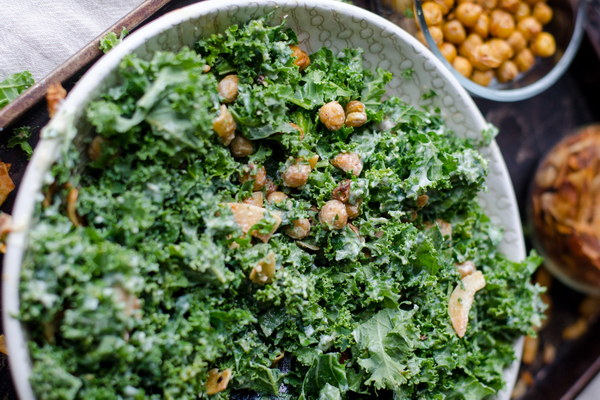Natural Liver Support Exploring Traditional Chinese Herbs for Liver Health
The liver is a vital organ responsible for detoxifying the body, metabolizing nutrients, and producing essential proteins. Maintaining optimal liver health is crucial for overall well-being. While modern medicine offers various treatments, traditional Chinese medicine (TCM) has a wealth of natural remedies that have been used for centuries to support liver function. Here are some of the most notable Chinese herbs known for their liver-protecting and liver-revitalizing properties.
1. Dandelion (Taraxacum mongolicum)
Dandelion, also known as pu gong ying in Chinese, is a well-known liver herb. It is rich in antioxidants and bile stimulants, which help in improving liver function and reducing inflammation. Dandelion can also aid in digestion and support the body's natural detoxification processes.
2. Milk Thistle (Silybum marianum)
Milk thistle, or xian hai cao, is a powerful herb that has been used extensively in TCM for liver protection. The active compound, silymarin, is believed to help regenerate liver cells, reduce inflammation, and protect against toxins that could harm the liver.
3. Schisandra (Schisandra chinensis)
Schisandra, or wu wei zi, is an adaptogen that is thought to help the liver deal with stress and fatigue. This herb is also known for its ability to enhance liver function, increase energy levels, and support the immune system.
4. Bupleurum (Bupleurum chinense)
Bupleurum, or chai hu, is a commonly used herb in TCM to treat liver conditions. It is believed to improve the flow of Qi (vital energy) in the liver, reduce inflammation, and support the detoxification process. Bupleurum is often used in combination with other herbs to address specific liver-related issues.
5. Scute (Scutellaria baicalensis)
Scute, or huang qin, is another liver herb that is well-regarded for its anti-inflammatory and antibacterial properties. It is often used to treat liver inflammation, jaundice, and other liver-related disorders. Scute is also believed to enhance the body's immune response.
6. Peony (Paeonia lactiflora)
Peony, or shao yao, is an herb that is known for its liver-soothing properties. It is often used in TCM to treat liver and gallbladder disorders, including conditions such as hepatitis and gallstones. Peony is believed to help regulate the liver's Qi and blood flow.
7. White Peony (Paeonia albiflora)
White peony, or ban xia, is similar to red peony but with a milder effect. It is used to address liver conditions that involve emotional stress and anxiety, as well as to support the liver's function in regulating blood flow.

8. Astragalus (Astragalus membranaceus)
Astragalus, or huang qi, is an adaptogen that is believed to support the liver's ability to fight off infections and toxins. It is often used in combination with other herbs to boost the immune system and support overall liver health.
9. Licorice (Glycyrrhiza uralensis)
Licorice, or gan cao, is a sweet-tasting herb that is often used in TCM to balance the other herbs in a formula. It is believed to have anti-inflammatory and liver-protective properties, and it can help reduce the side effects of other stronger herbs.
10. Curcuma (Curcuma longa)
Curcuma, or jiang huang, is the root of the turmeric plant and is known for its anti-inflammatory and liver-protective properties. It is often used in TCM to treat liver conditions and support the body's natural detoxification process.
These herbs are just a few examples of the vast array of natural remedies available through traditional Chinese medicine. While they have been used for centuries and offer a wealth of potential health benefits, it is important to consult with a qualified TCM practitioner before starting any new herbal treatment. They can provide personalized advice and ensure that the chosen herbs are safe and appropriate for individual health needs.









